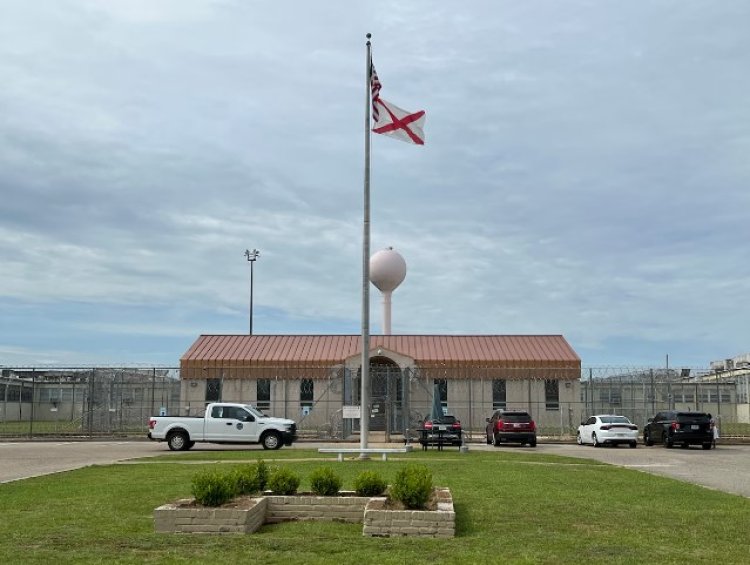Alabama Death Row Inmate Alan Eugene Miller: Prison Deemed 'Incompetent' to Properly Fit Execution Gas Mask
Alabama Death Row inmate Alan Eugene Miller expressed concern about his upcoming execution by nitrogen gas, citing the prison's incompetence in securing his gas mask. Miller, who would be the second person in the U.S. to be executed by nitrogen gas, voiced his doubts during a deposition, saying, “I don’t think y’all know what you’re doing,” and likening the prison staff to "Keystone cops."

Alabama Death Row inmate Alan Eugene Miller expressed concern about his upcoming execution by nitrogen gas, citing the prison's incompetence in securing his gas mask. Miller, who would be the second person in the U.S. to be executed by nitrogen gas, voiced his doubts during a deposition, saying, “I don’t think y’all know what you’re doing,” and likening the prison staff to "Keystone cops."
Miller's deposition was part of a legal argument filed by his lawyers, who pointed out that the only training the execution team received was from an Alabama Attorney General’s Office prosecutor. Miller, 59, is scheduled for execution on September 26 at William C. Holman Correctional Facility.
In a federal court filing, Miller's attorneys revealed that Alabama Attorney General Steve Marshall’s office and Deputy Attorney General James Houts are responsible for training the execution team on nitrogen hypoxia execution. Miller indicated he would only allow a gas mask fitting if done by a doctor or medical professional appointed by a federal judge, due to his belief in the prison staff's incompetence.
The execution would be the second using nitrogen in the U.S., following Kenneth Eugene Smith’s controversial execution in Alabama. Smith convulsed for several minutes, and state officials claimed he held his breath, delaying the nitrogen intake. Miller’s lawyers, however, argued that there is no proof for the state’s claims, criticizing the reliance on the execution team captain’s testimony, who had no medical or scientific training.
The captain’s deposition, also submitted publicly, described his role in fitting Smith's mask and monitoring his pulse oximeter readings, which initially remained steady before dropping rapidly after Smith began breathing nitrogen. Miller’s lawyers pointed out that the captain had not read the instruction manual for fitting the mask and had learned the procedure from Deputy Attorney General Houts, who also lacked medical or scientific expertise.
Miller, who has a large head and face, doubted the state’s gas mask would fit him properly, citing past difficulties with masks and hats. His lawyers continue to challenge the state’s preparedness and competence in carrying out the nitrogen hypoxia execution.







